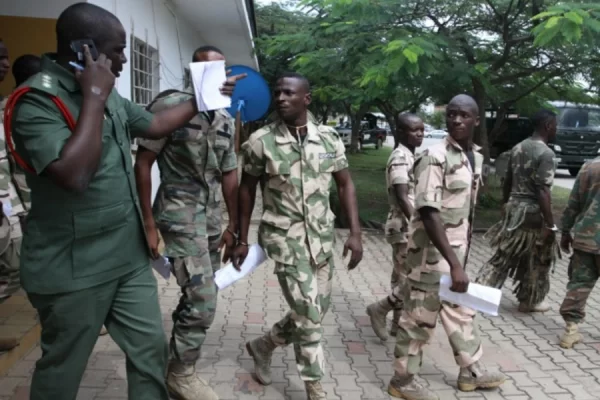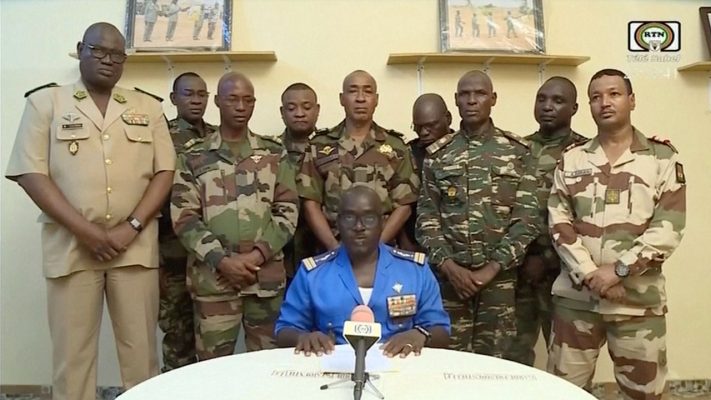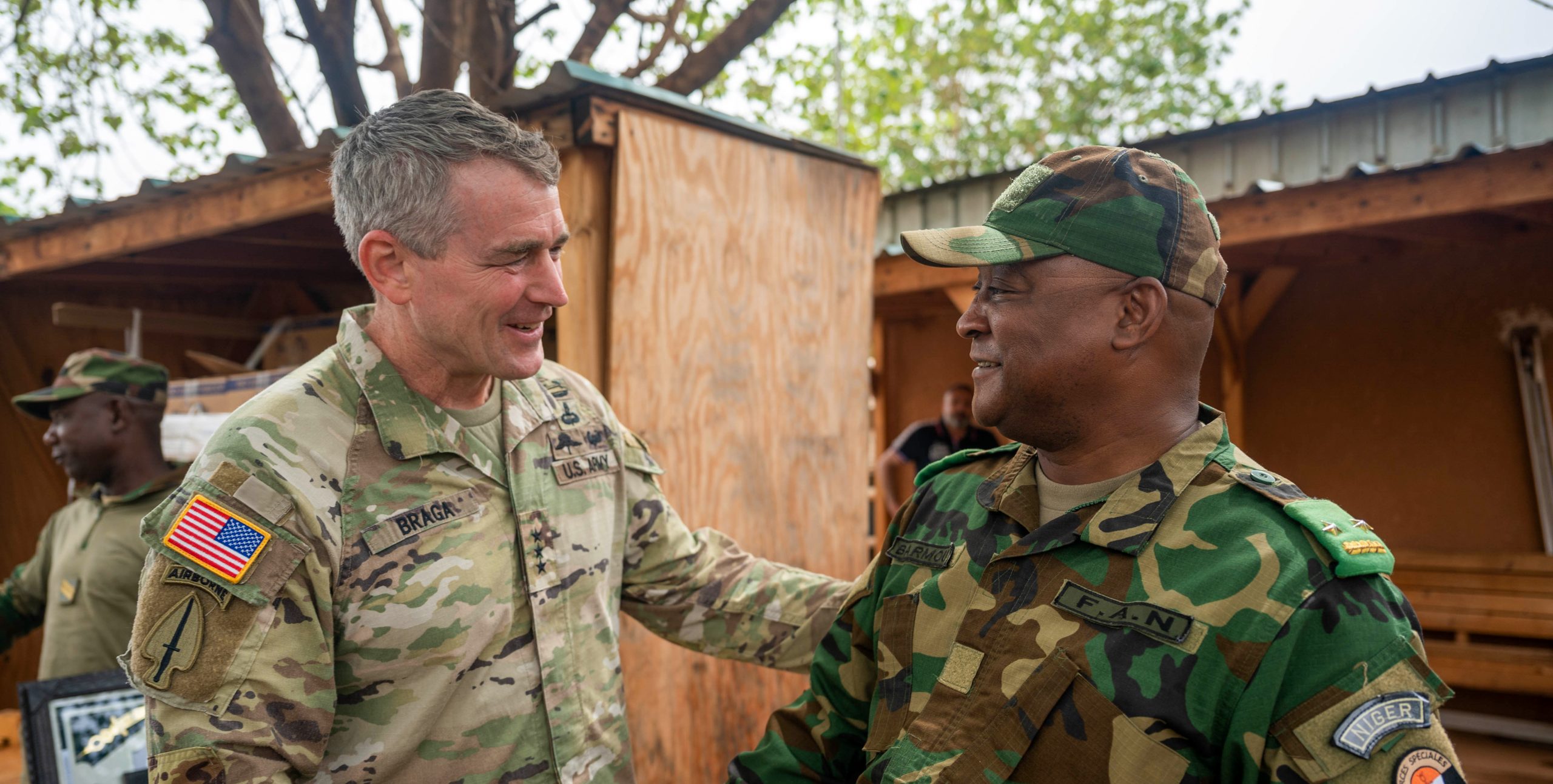US-Trained Military Officers Leading Coups: The Case of Niger
Brigadier General Moussa Salaou Barmou, the head of Niger’s Special Operations Forces, is currently in the global spotlight.
He is one of the key figures in the recent coup in Niger. What makes this situation even more intriguing is that Barmou is a product of US military training.
This is not an isolated case. In fact, it’s part of a recurring pattern of US-trained military officers leading coups in West Africa. Since 2008, there have been 11 such coups involving officers trained by the US.
The Intricate Web of US-Niger Relations
Barmou has previously expressed the value of Niger’s relationship with the US. In 2021, he stated, “Being able to work together in this capacity is very good for Niger.”
US-Trained Military Officers Leading Coups statement took on a new meaning when, just a month before the coup, Barmou met with Lt. Gen. Jonathan Braga, the head of US Army Special Operations Command.
This meeting took place at a drone base in Agadez, Niger, which is a crucial part of the US’s network of outposts in West Africa.

Barmou, along with other junta members, ousted Niger’s democratically elected president, Mohamed Bazoum. The coup leaders, calling themselves the National Council for the Safeguarding of the Country, justified their actions by citing a deteriorating security situation and poor governance.
This coup, led by US-trained military officers, has sent shockwaves through the international community, raising questions about the role of foreign military training in such events.
The Role of US-Trained Military Officers Leading Coups in West Africa
The involvement of US-trained military leading coups is not limited to Niger. Officers with US training have been involved in at least six coups in Burkina Faso and Mali since 2012. They have also played roles in recent takeovers in Gambia, Guinea, Mauritania, and now Niger.
A US official stated that while they train foreign military personnel to standards, they can’t control their actions. This raises questions about the unintended consequences of such training programs.
Since 2012, US taxpayers have spent over $500 million on security assistance in Niger, making it one of the largest such programs in sub-Saharan Africa. Despite this, the number of terrorist attacks in the region has significantly increased.

This raises questions about the effectiveness of these programs and whether they might inadvertently contribute to instability, especially considering the pattern of US-trained military officers leading coups.
Experts argue that the focus on counterterrorism has overshadowed the root causes of conflict in Niger and the Sahel region, such as poverty, corruption, and political and ethnic tensions.
The prioritization of military solutions may have inadvertently empowered regional security forces, contributing to the recent spate of coups. As we see more US-trained military officers leading coups, it’s crucial to reassess the impact of foreign military training on regional stability.





